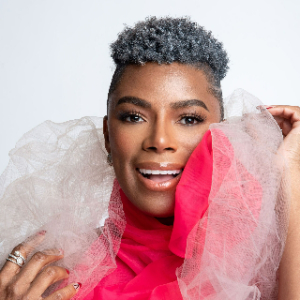Beyond the Betrayal Box: The Practice of Sisterhood and Cultural Belonging
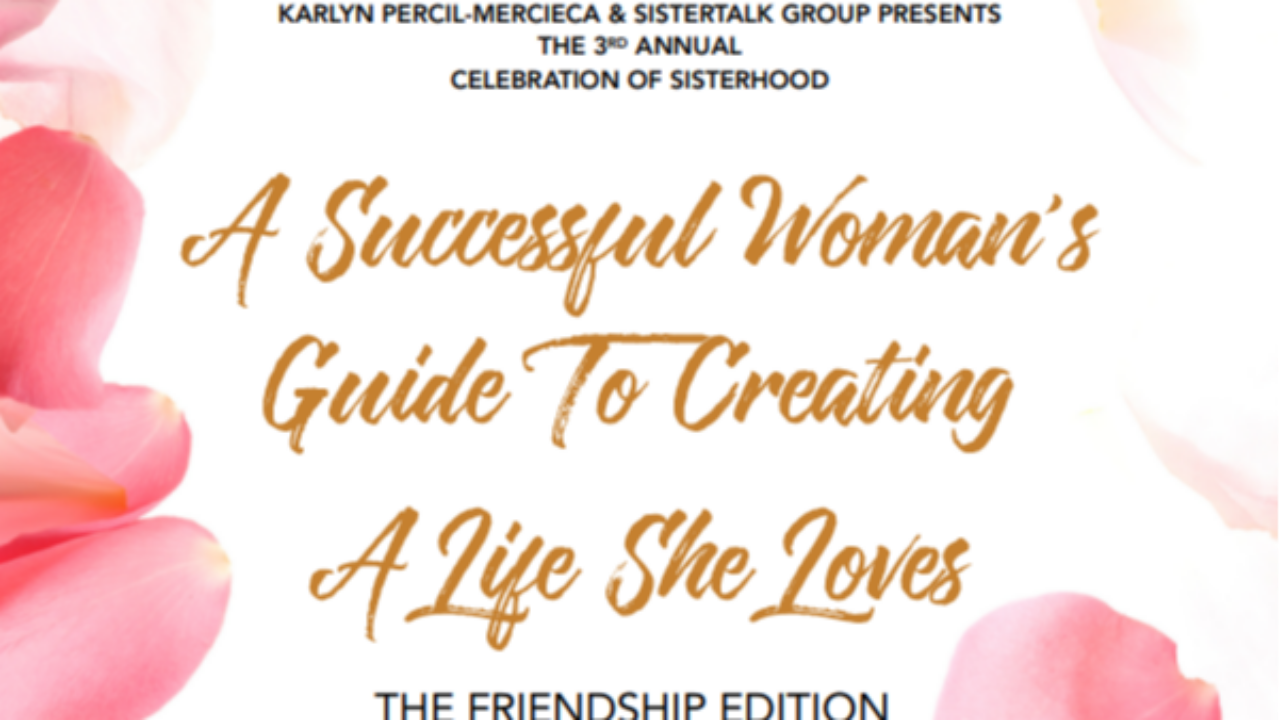
"I have betrayed myself by believing I am less than who I am."
Twenty-two years ago, when I arrived in Canada from Iouanalao Hewanaru, St. Lucia, I learned that narratives shape not only culture but also who feels seen, who is permitted to belong and, by extension, who is rewarded to lead.
Catalyst's research on Emotional Tax provided a cultural framework for what I was feeling in terms of "feeling unsafe," but I didn't have the language for it. Learning that nearly 60% of women and men of colour experience emotional tax, being "on guard" at work, a heightened state of vigilance against racial and gender bias that drains well-being, disrupts psychological safety, and diminishes the capacity to thrive.
For Black women, whose expertise and leadership are often undervalued, naming this reality is a radical act of truth-telling that colours our pathways of belonging.
Memory as Leadership: What Black Women Taught Me
Black women have been memory keepers for generations, documenting history, preserving culture, and creating archives of brilliance without waiting for permission.
Dr. Anna Julia Cooper, born into slavery, earned her doctorate from the Sorbonne in 1925 at the age of 67, becoming the fourth African American woman in history to do so while raising five orphaned children on a teacher's salary. Her dissertation reimagined French Revolutionary history by centring the role of slavery.
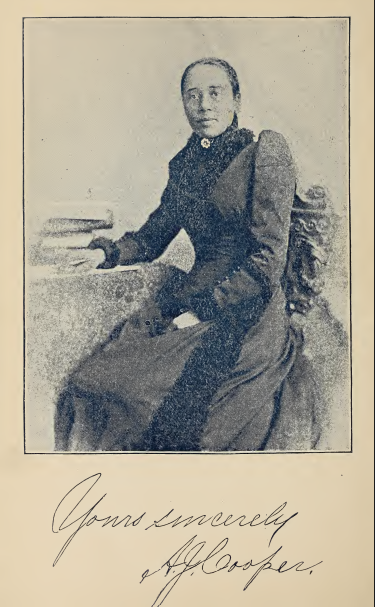
Three decades earlier, she had published A Voice from the South (1892), by a Black woman from the South, as a way to remind the world that Black women have something to say too, things that go beyond what was written at this moment in history. Vivian Harsh collected thousands of books and articles that later inspired John H. Johnson to create Ebony magazine.

Women have always understood that preservation is a form of leadership. When we recall what we go through and feel witnessed, we open up our imagination in ways that allow us to experience our humanity fully.
As an Activist and Educator, Melissa J Nelson, Founder of Black Memory Collective, reminds us,
"Archival work is an art. There is a poetics of listening, and we can develop poetic transcriptions from living memory."
When we position ourselves as historians of our own creative contributions, we do more than resist erasure; we generate new possibilities. (Look up our article on Who's RaisingYou: The Practice of Self-Sovereignty) This is why daily art (living) as belonging matters: it transforms creation into cultural stewardship, ensuring that our humanity, creativity, and wisdom are never forgotten.
The words and wisdom of women such as Melissa J. Nelson, Anna J. Cooper, Zora Neale Hurston, Sèsenne Desartes, Sylvia Wynter, bell hooks, Canisia Lubrin, Dionne Brand, and so many more from The Sistertalk Group Collective inspired the creation of the KDPM Equity Institute's Purple Paper Series.
Inspired by the wise words of Zora Neale Hurston, a novelist, folklorist, and anthropologist who reminded us that
"Research is formalized curiosity," we reclaim what was once dismissed as folklore, and we reimagine it as a sophisticated system of inspiration, communication and innovation.
She reminded us "folklore reveals that which the soul lives by," positioning narrative not as quaint tradition but as vital knowledge and innovative architecture. Zora's belief in herself, her purpose, and her place in culture reminds me of the Law of Assumption: "what we assume to be true becomes our lived experience." This principle highlights how our belief system influences our perception of purpose, including our self-perception.
What if we reimagined folklore as the daily stories we create in our everyday lives? What could it become?
It becomes a complex, intergenerational technology for meaning-making, encoding cultural survival strategies, relational Intelligence, and collective wisdom.
As self-appointed historians of our lives and dreams, we preserve the memory of our creative contributions, not through a brand or branding but through what I call our cultural house.
Culture House is the space where we safeguard our dreams, our purpose, and the evolving expressions of our creative capital. Pay attention to your cultural house, your bodily culture, your purpose culture, your creative culture, the ways you nurture your relationships, and the stories you tell yourself about yourself to others.
This intentional practice of cultural leadership transforms the daily art of creation, leading to an expression of ancestral Intelligence and belonging that centers self-sovereignty.
Emotional Tax and the Language of Betrayal
Through SisterTalk Group, we supported Catalyst's Emotional Tax research in Canada, which deepened my understanding of how exclusion shapes identity, meaning-making, and aspiration. But the impact extends beyond interpersonal dynamics.
"People of colour are an engine of Canada's economy, yet they continue to face some of the workplace's most entrenched hurdles, such as near invisibility in top leadership roles, pay inequities, and discrimination," says Tanya van Biesen, Executive Director, Canada, Catalyst.
This gap revealed an urgent need: cultural equity innovation must be practiced, not merely theorized. Leadership is fundamentally a practice, one that requires translating research into lived action. It's through sustained practice that we transform not just organizational culture, but the very language of how leadership is understood and enacted."
Earlier this month, I had the honour of keynoting Catalyst Honours 2025, celebrating Catalyst Canada's 25th anniversary, where I explored what it means to weave inclusion into the very fabric of our organizations, not as an initiative or a position, but as a practice, a way of leading.
The Betrayal Box: A Turning Point
For fifteen years, SisterTalk Group Circles has created spaces where women share their truths, their 'elephant stories,' their silent battles, and their uncelebrated wins.
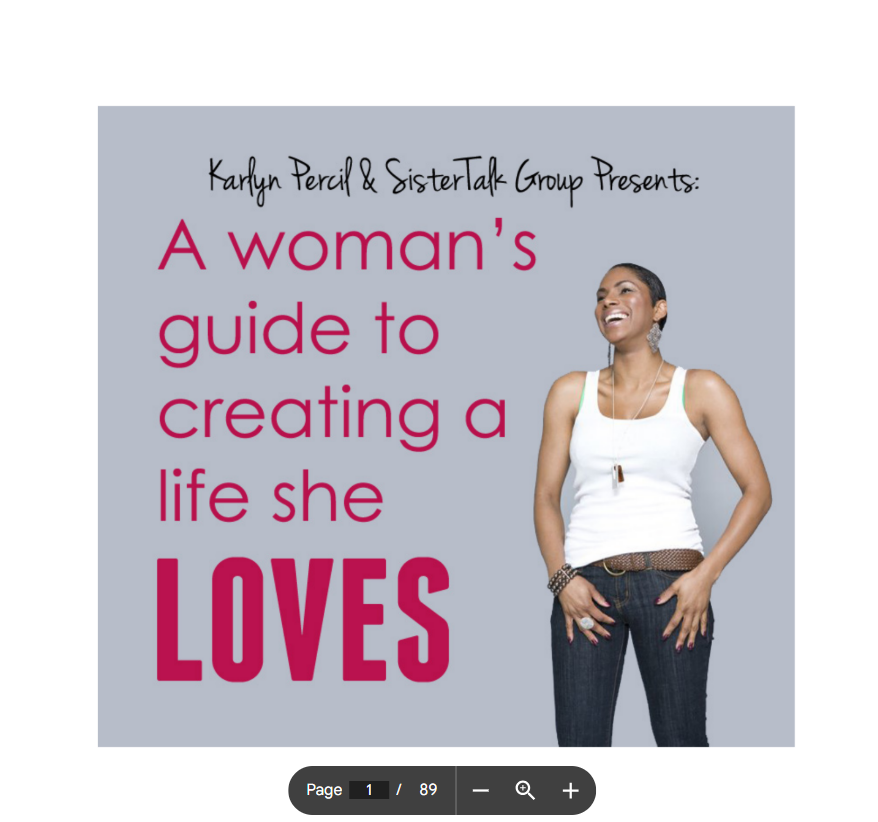
October 2016, a year nine, symbolizing transformation and completion, marked a personal and collective turning point. Through The Betrayal Box, women shared their stories anonymously, and what emerged was both heartbreaking and healing: 37% identified their most significant betrayal as one they had committed against themselves.
What began as a gathering among friends in my living room a few years back evolved into something far more profound. We weren't just sharing stories; we were witnessing one another, building reservoirs of trust, uncovering cultural patterns, and exchanging intercultural wisdom that could heal and transform intergenerational wounds. The Betrayal Box revealed a language of betrayal that lives quietly among women, often going unnoticed.
We discovered that women don't wake up intending to harm or exploit one another. Instead, many of our wounds stem from inherited cultural narratives disguised as self-preservation, wrapped in the delicate threads of betrayal. The stories became mirrors reflecting our patterns, our pain, and our possibilities. In naming our cycles of self-betrayal, we began to break the siloed circles, reclaim our power, our language, and our capacity to heal not in isolation, but in Sisterhood and community.
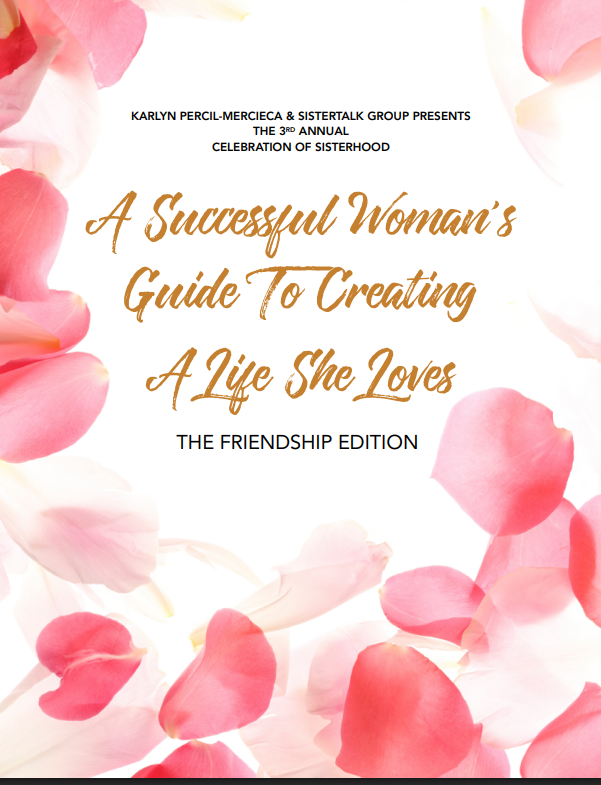
One woman wrote, "I have betrayed myself by believing I am less than who I am." Another shared, "I have betrayed myself in not always stating what my needs are."
These weren't confessions; they were patterns. A testimony from that gathering captured the transformation best:
"I walked into SisterTalk 2016 with my guarded walls up and left a more empowered woman ready to take up space, to be bold, to be brilliant."
That was the beginning. Nine years later, now in October 2025, a year nine, we return not just to the stories, but to the question that started it all:
"Why can't women get along?"
Beyond The Betrayal: Toward the Practice of Sisterhood
The stories shared during our Sistertalk journey changed everything. They reminded us that Sisterhood isn't just about support; it's about building trust systems that hold our full humanity and prevent the betrayals that empowerment spaces once promised to heal.
- What if women felt so seen and supported that they could believe more deeply in themselves?
- What if we celebrated women for trusting their body, mind, and soul wisdom rather than for how well they contorted themselves to meet external benchmarks?
- What if self-trust and community trust became our measures of success?
- What if we supported women's dreams more?
True success means tracing the roots of our wounds, tending to them collectively, and cultivating new cultural soil that nourishes who we are and who we are becoming.
This is where the stories have taken us: beyond The Betrayal Box, toward ecosystems that support friendship, bold dreams, Sisterhood, and shared sovereignty. We are developing trust communities that hold space for cultural, self, planetary, and community sovereignty, recognizing that our liberation is intertwined with the flourishing of all systems we inhabit.
Audre Lorde once wrote, "I am not free while any woman is unfree, even when her shackles are very different from my own." This wisdom grounds everything we've learned: Sisterhood requires more than sentiment. It requires practice.
As Lorde also taught us, "For women, the need and desire to nurture each other is not pathological but redemptive. Within that knowledge, our real power is rediscovered."
Today, self-friendship and the practice of Sisterhood have become our superpower. Sisterhood fueled my dreams. However, for it to become a collective superpower, we need more than just spaces to share our feelings; we need frameworks and spaces that hold both our emotional and cognitive expressions of trust.
We need frameworks that hold us accountable to trust.
We need frameworks that build safety for our becoming and our dreams.
We need frameworks that honour our complexity, joy, and cultural brilliance.
Nine years ago, we stood at the threshold of this inquiry. Now we return dreaming bigger, building trust systems and communities that hold what we could not yet name then.
This is why I am thrilled to share what's next.
We're publishing fifteen years of research, frameworks, and practice lessons in our upcoming Purple Paper Series: The Practice of Sisterhood - Women as Future Ancestors: Beyond the Betrayal Box and the Myth of Women's Empowerment.
The KDPM Equity Institute Purple Paper Series is more than a publication; it is an invitation to remember, to repair, and to reimagine.
We'll share stories from our 2016 Friendship Edition mentor eBook and The Betrayal Box —not to relive pain, but to examine the cultural soil that feeds self-betrayal and to transform those patterns together.
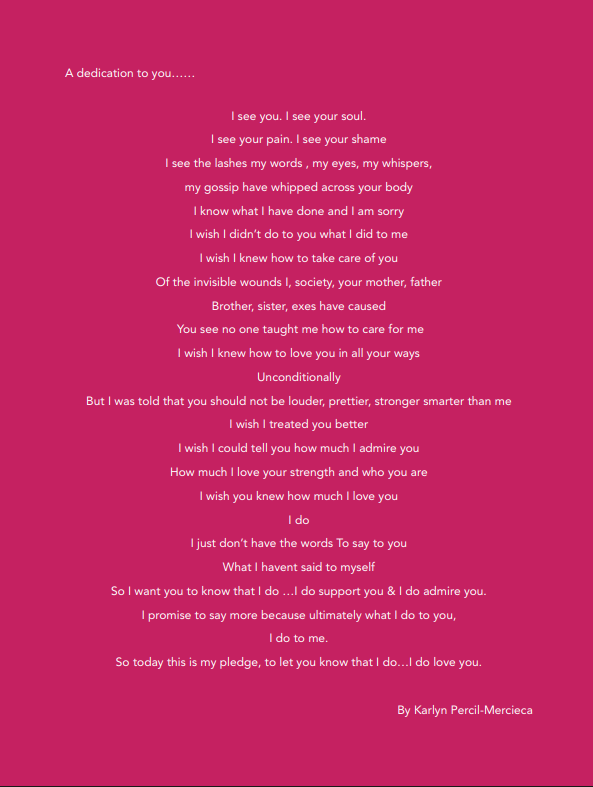
Ancestral Intelligence reminds us that healing happens in community.
The practice of Sisterhood means building trust communities where we are tenderly held, building soft-landing spaces for ourselves and one another.
When we protect our self-sovereignty, we stop projecting our wounds onto each other. We create circles of protection that mend the deep psychological fractures we've inherited and sometimes unconsciously perpetuate.
Join us as we transform betrayal into brilliance, stories into systems of trust and false promises into trusted friendships that hold space for our wild hearts, bold dreams, and all the selves we are remembering.
This is our invitation to remember, to repair, and to reimagine Friendship and Sisterhood as both a sanctuary and a system. Because when women trust themselves and each other, the world transforms.
Cultural Explorer Membership
Step into your power and dream bigger into your purpose with the Cultural Explorer Membership—a transformative learning path and self-designed roap map designed for cultural learners and self-leaders ready to connect with their highest self, elevate their leadership impact, and bring their dreams to life.
This is your invitation to dream big, lead with purpose and build the future you deserve.
Are you ready? Join a community of powerful women boldly stepping into their greatness.
 Become a member start your journey of purpose and transformation!
Become a member start your journey of purpose and transformation!
Want to Contribute to our Work and Fundraising Goals for #1000BlackWomenBest initiatives?

